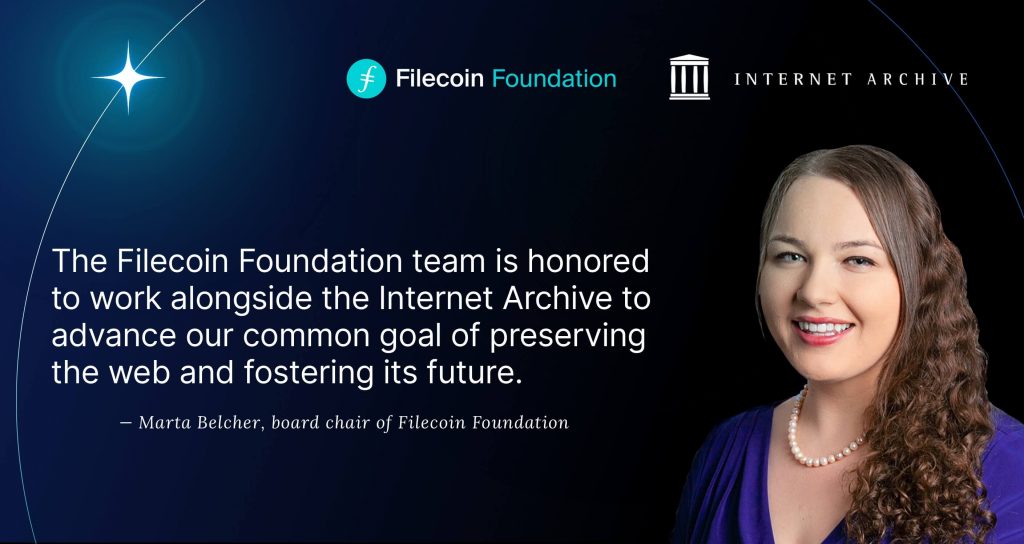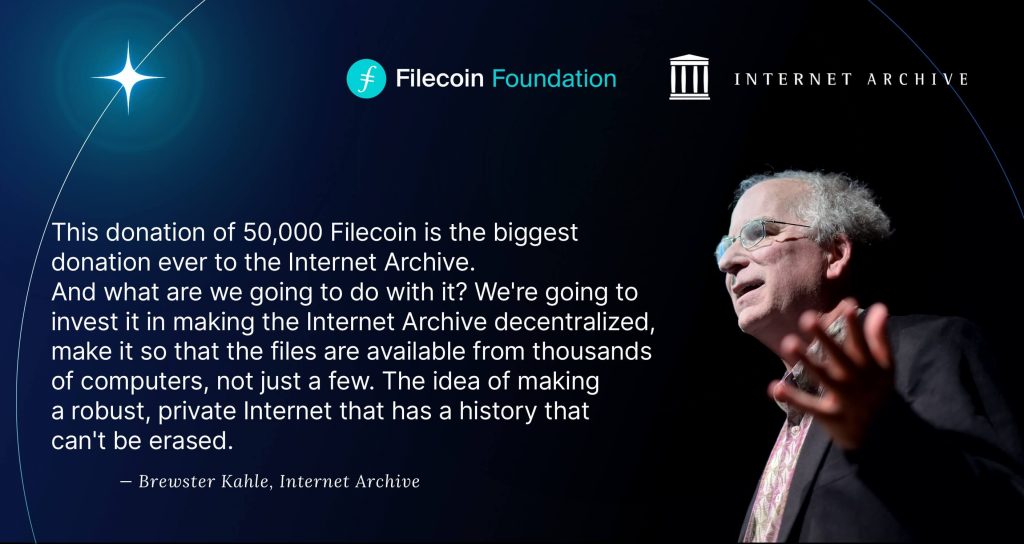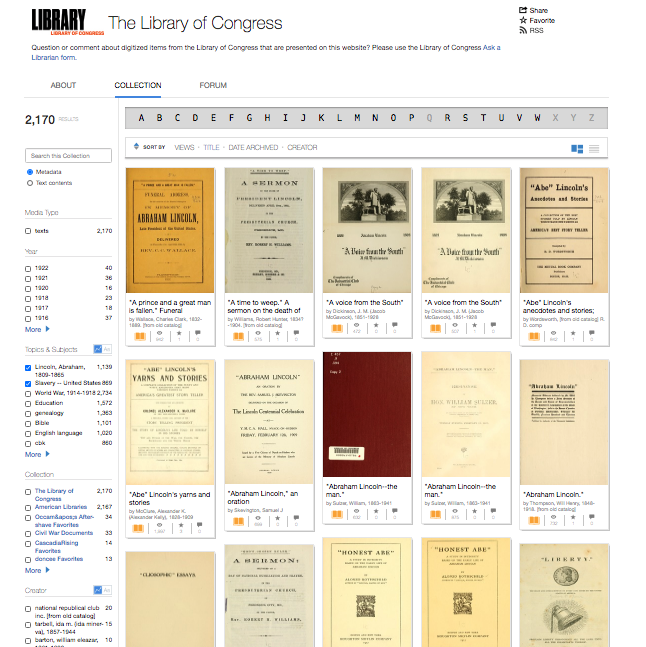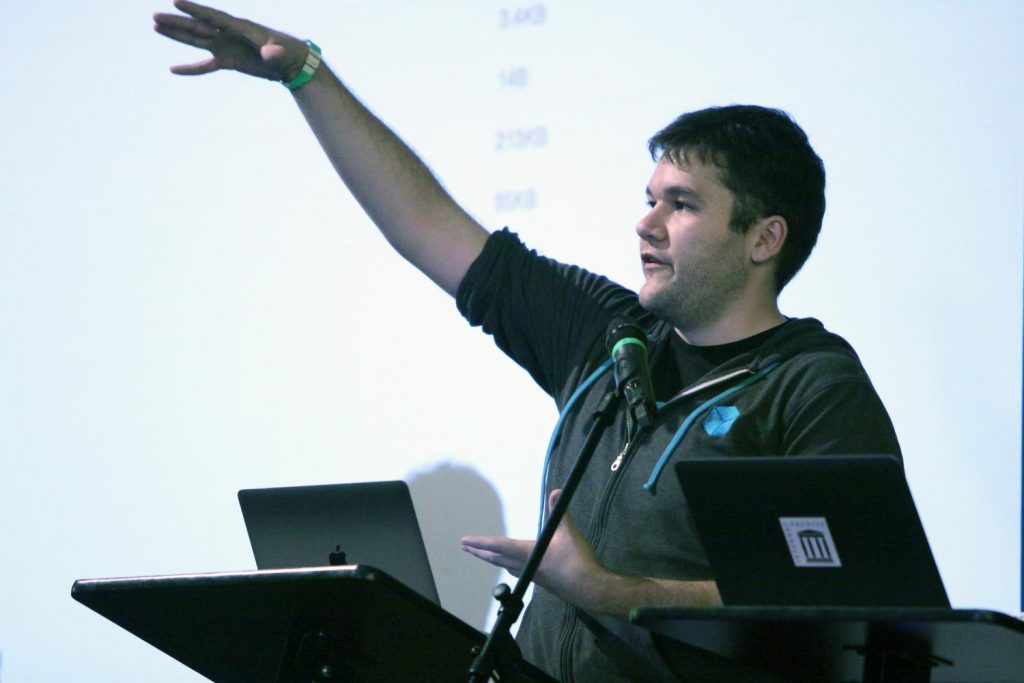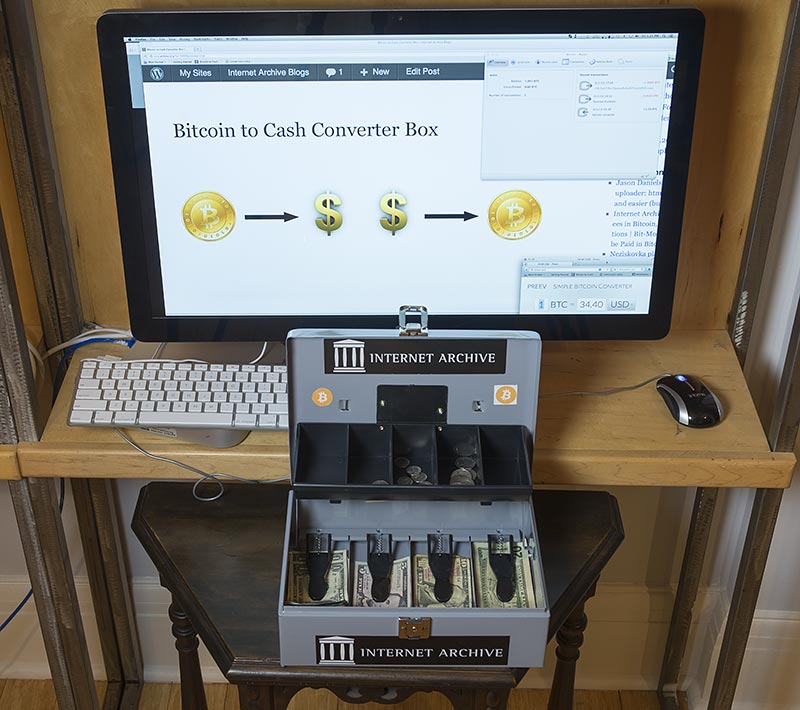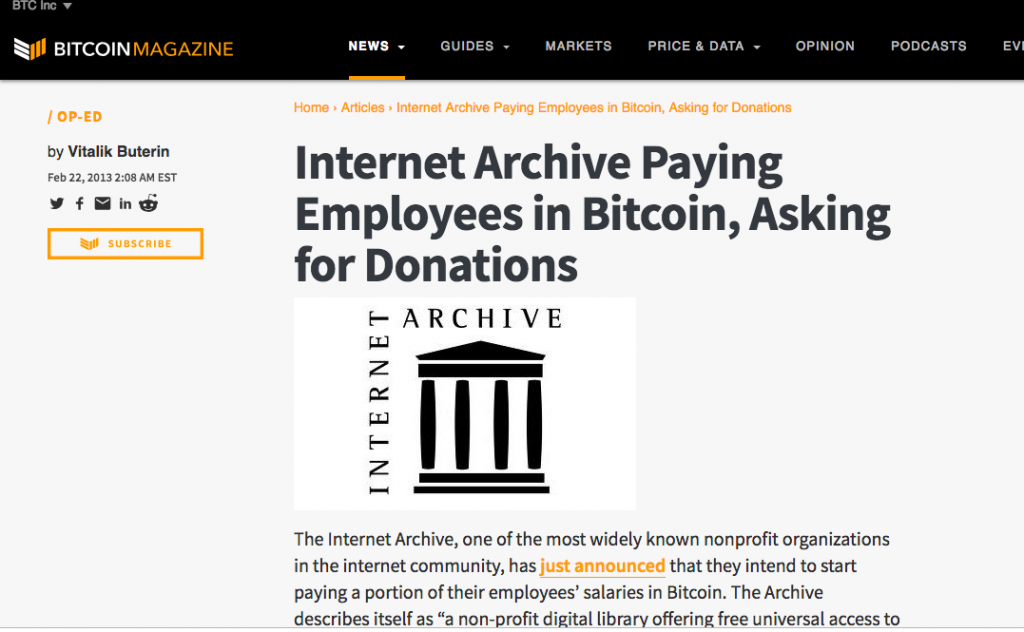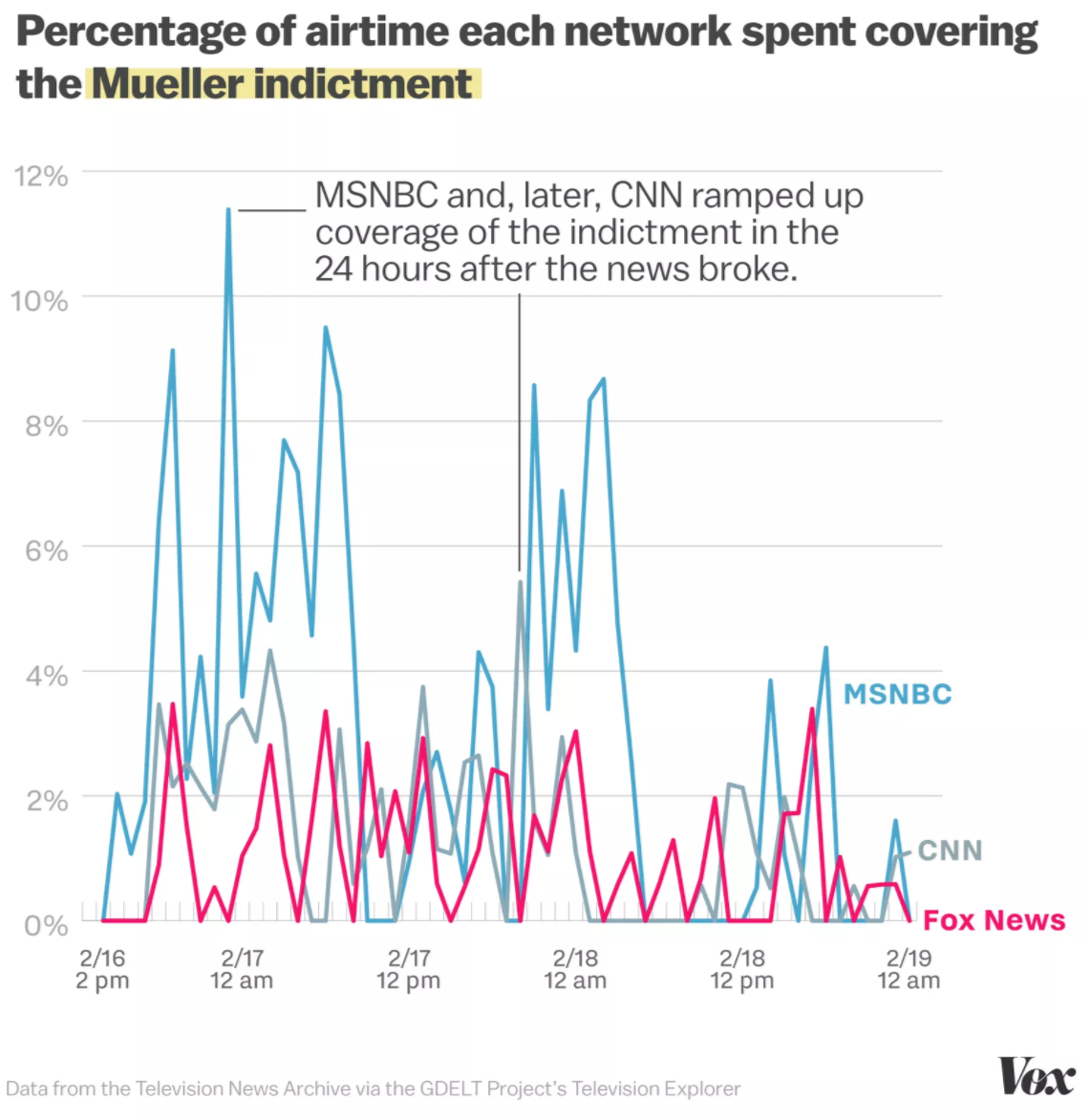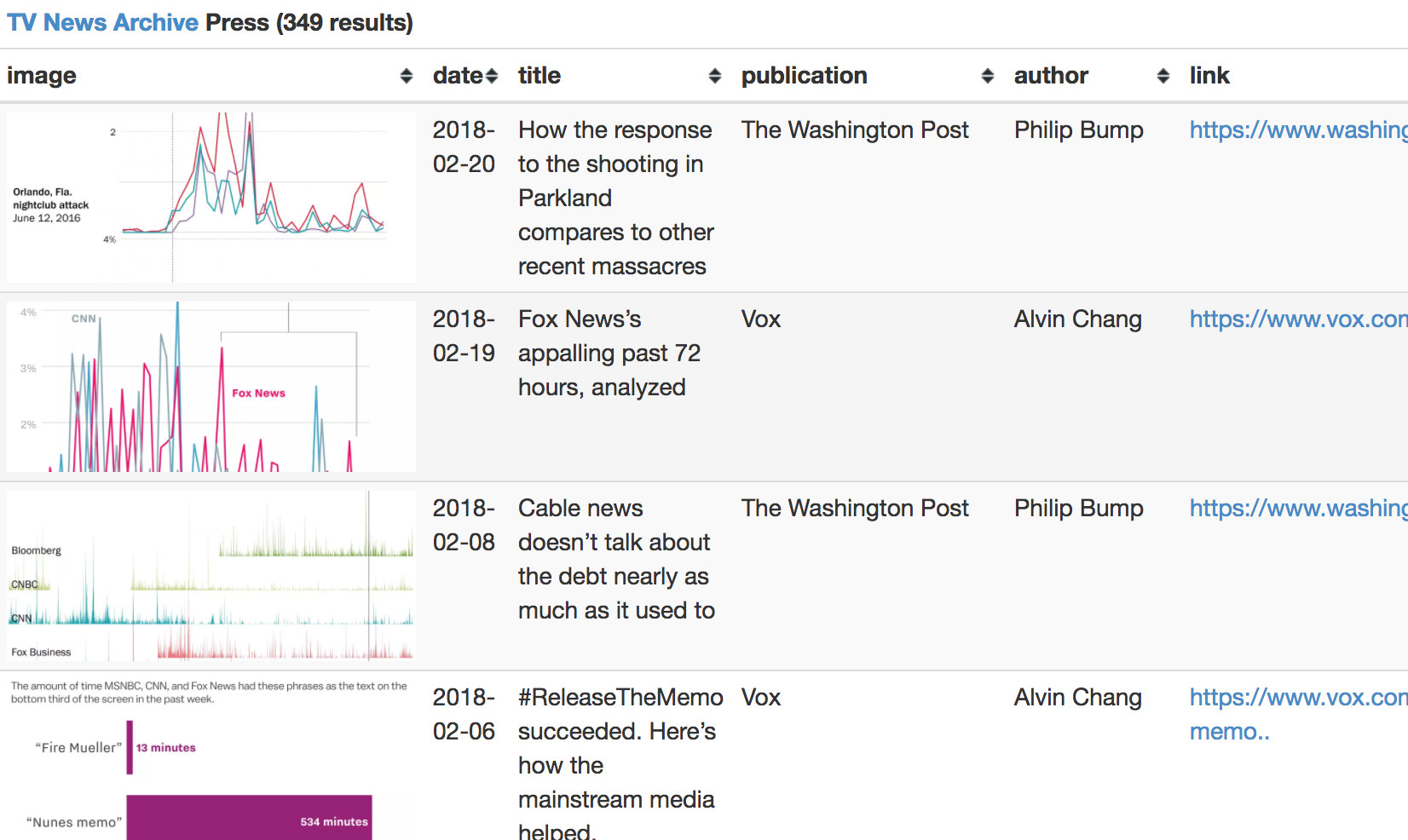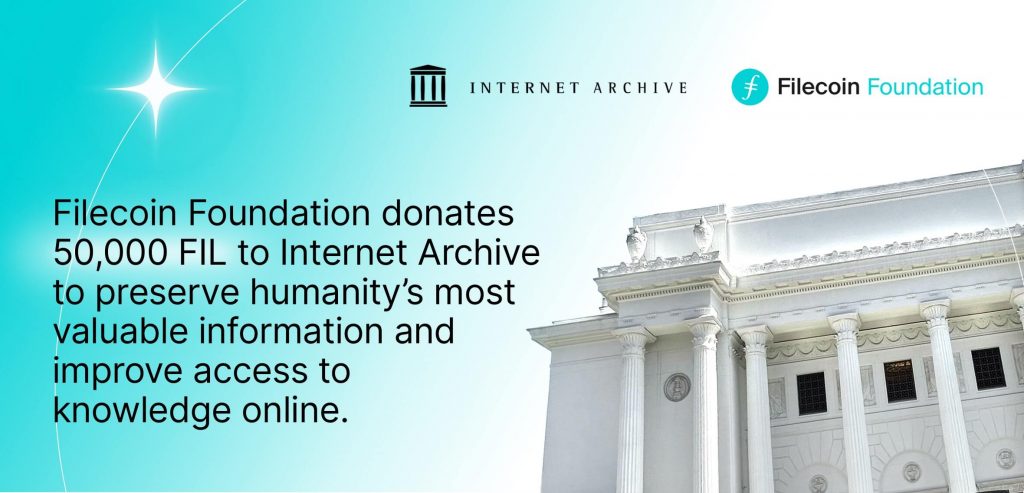
Amidst the speculative boom for NFTs and crypto-currencies, one decentralized technology foundation is taking the long view by investing in deep history and the far future.
Today, the Filecoin Foundation announced a 50,000 FIL grant to the Internet Archive – the largest single donation in the digital library’s 25-year history.
“Holy Crow! This is a big deal,” said Brewster Kahle, the Internet Archive’s founder. “And what are we going to do with it? We’re going to invest it in making the Internet Archive more decentralized, so that our digital history is available from thousands of computers, not just a few. The idea is to make a robust and private Internet that has a history that will persist over decades and maybe centuries.”
Filecoin is a decentralized storage system designed to preserve humanity’s most important information. The creators of Filecoin envisioned an independent foundation that would serve as the long-term governance body for the Filecoin ecosystem. In awarding the grant to the Internet Archive, Filecoin Foundation board chair, Marta Belcher, stressed the two organizations’ “common goal of preserving the web and fostering its future.”
It was back in 2015 that Protocol Labs‘ founder, Juan Benet, first visited the Internet Archive, to share his vision for an academic conference dedicated to preserving “humanity’s greatest treasures using decentralized storage.” Building on these conversations, the Internet Archive organized the Decentralized Web Summit in 2016 in San Francisco, the first gathering of its kind. Back then, a decentralized web was mostly a concept, with little working code.
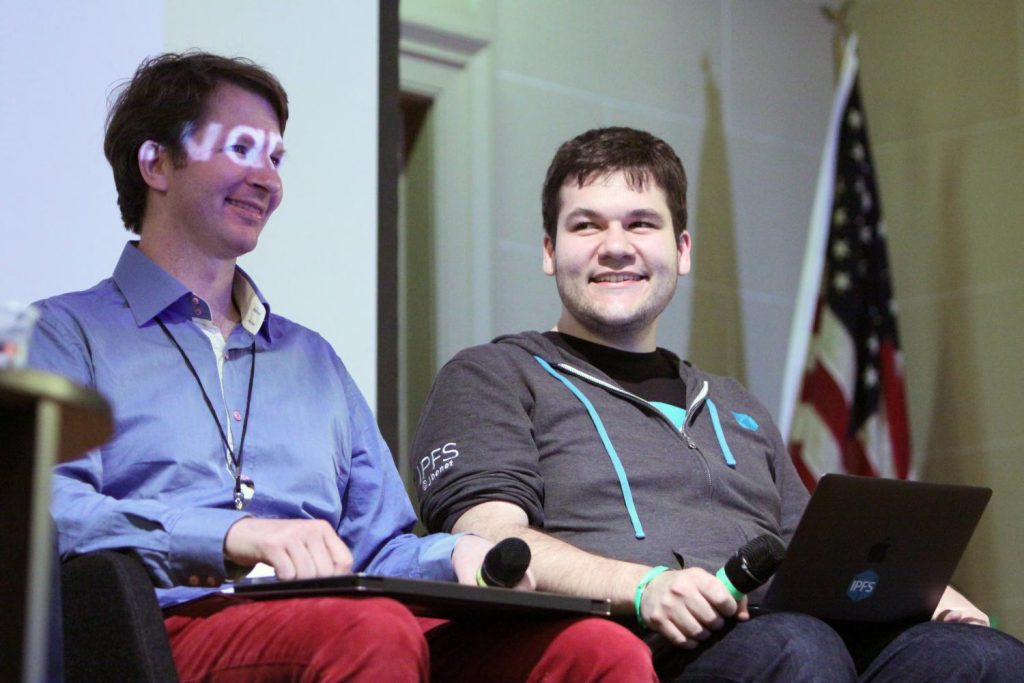
Since 2016, the Internet Archive has worked with several decentralized tech startups to create a decentralized prototype of the digital library. And when the Filecoin main net took off in 2020, stored in Filecoin servers were public domain audiobooks and films from the Internet Archive. Together, the two organizations created the Filecoin Archives, a community-led project to curate, disseminate and preserve important open access to information often at risk of being lost.
“It’s wonderful to see Filecoin come of age. We started six years ago by putting out a call to make a Decentralized Web, a web that would serve us better than the current web–one that is now starting to be dominated by just a few tech behemoths. Can we make a game with many winners?” asked Kahle. “Filecoin has made a huge step forward by deploying decentralized storage at the exabyte level. That’s very different from AWS (Amazon Web Services). It has many participants, not just one player. And its protocols are open-source. We want to see more technologies like this. This was the original vision of the Decentralized Web that the Internet Archive was hoping for five, six years ago. And it’s starting to come to fruition and Filecoin is a leader in that area.”
Although purveyors of cryptocurrencies are often accused of being driven only by short-term gain, in this group Kahle sees a different motivation. “This donation by the Filecoin Foundation is significant financially for the Internet Archive, but I’d say it’s a more interesting one than that,” said the Internet Hall of Fame engineer. “It’s a donation by a new generation of technologists that are building interesting new technologies…bringing the Archive along with it to make it so that history is preserved –that the Internet Archive makes it into this next generation. That is an interesting thing! You don’t often see that. But the Filecoin Foundation, Filecoin and IPFS, and Juan Benet himself have always been interested in preserving history and how history can be woven into the present and the future of these technologies.”
